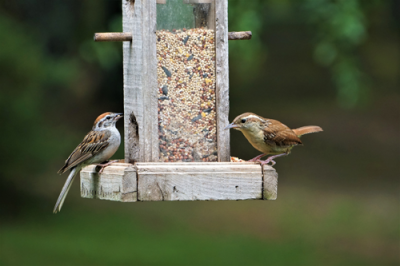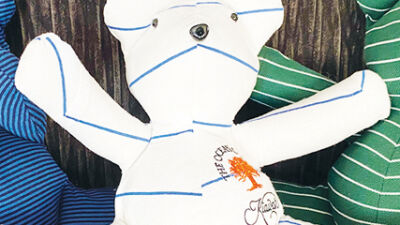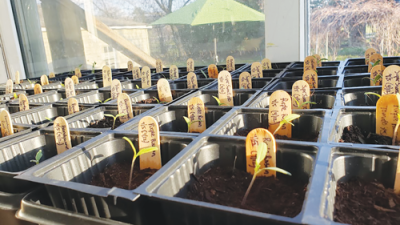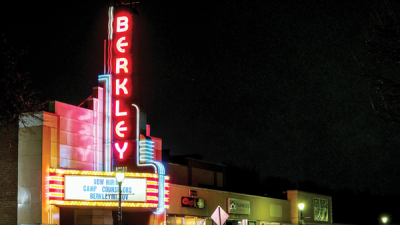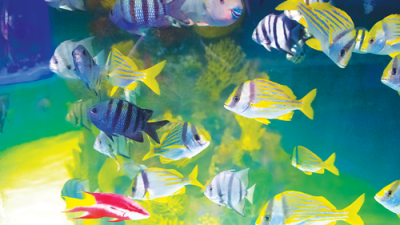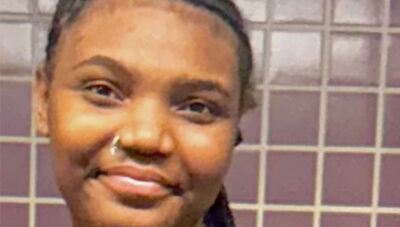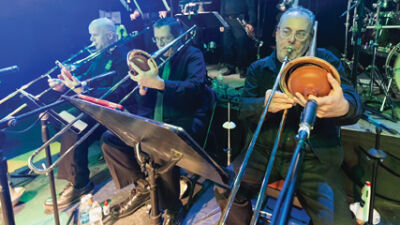METRO DETROIT — The changing of the seasons doesn’t only bring warmer weather to metro Detroit — it also brings different wildlife, including birds to the area.
“You see different birds at different times of the year, and you can also observe their behavior patterns over this time,” said Ben Ihde, a co-owner of Wild Birds Unlimited in Novi. “That can be a wonderful way to mark, let’s say the springtime, which for most folks is a sign of positivity.”
Besides birds bringing a sign of positive change, connecting with nature can also provide mental health benefits, Ihde said.
“There are many studies that show watching birds can lower stress and anxiety, lessen worry and bring about a general feeling of joy and well-being,” he said. “Better mental health directly connects to better physical health.”
Bob Gors, who owns Wild Birds Unlimited in Macomb Township, said his store saw an increase in people wanting to feed birds during the pandemic.
“We found that people who had started the bird feeding at some point in their life and for whatever reason stopped, when they couldn’t go anywhere, they said, ‘We can feed birds — we’ve done it. It’s fun. Let’s do it.’ And then people who had never fed the birds before had heard about it and said, ‘I want to try it,’” Gors said.
Gors also said people feed the birds to help them in times when there’s no natural food. But when the weather warms up and food becomes more available, Gors suggested people cut back on how much they’re feeding.
“We feed the birds to help them because any natural food that was left on the plants from late summer into fall has been pecked off all the shrubs and everything, so really, there is no natural food out there,” he said. “During that time of year, during nesting season, when they need that extra food, droughts, winter storms, heavy rains, when areas flood and all that food is covered under water, we provide about 20% to 25% of their diet by feeding them.”
Gors said winter is one of the most important times to feed the birds because of the scarcity of natural food. He also added that many types of birds can puff their feathers to help heat themselves, but it requires a lot of energy and they need extra food to help give them the energy.
Elizabeth Schultz-Correll, coordinator at the Burgess-Shadbush Nature Center, said insects are the most important food source for birds during the springtime, since baby birds don’t eat seeds. She suggested people focus on pollinator plants to help supplement bird feeders.
Shultz-Correll also said feeding the birds and keeping a variety of food out helps keep species out of decline.
“Most of our species are in decline, so anything we can do to help them, that’s a benefit for the birds and increasing biodiversity; making sure that we’re putting out a variety of foods will also bring those birds in,” she said.
Ihde suggested feeding birds based on the season due to the loss of habitat and stress that birds are under.
“Birds only get a small percentage of their daily food from your feeder, even in the winter,” he said. “They will always go after natural food sources over your feeder. So offering a quick, easy meal even when there is some food available is just helping them survive.”
However, while feeding birds does have a number of positive benefits, there can also be some perceived negatives, such as waste falling on the ground or feeders attracting unwanted critters.
Ihde suggested using a no-mess bird seed, which has the shells removed so only the seed hearts or nuts remain. He also said anyone who feeds birds should check what’s in the blend, as many are packed with fillers.
“These are seeds or grains that are used to lower cost but in many cases birds do not even eat. … They kick out these fillers and go for the few desirable seeds in the mix,” he said. “That waste falls to the ground and attracts pests, grows weeds and can generally be messy.”
After seeing an increase in rodents that was believed to be related to bird seed waste, the city of Royal Oak added a section to its rodent control ordinance stating residents must keep approved bird feeders at least 4 feet off the ground and prohibited residents from throwing food on the ground for birds or animals.
Ihde also suggested using baffles to help prevent other animals from getting into bird seed.
“These are obstructions that can be placed on poles or hooks to stop critters from reaching the feeder,” he said. “They are inexpensive and cause zero harm.”
 Publication select ▼
Publication select ▼